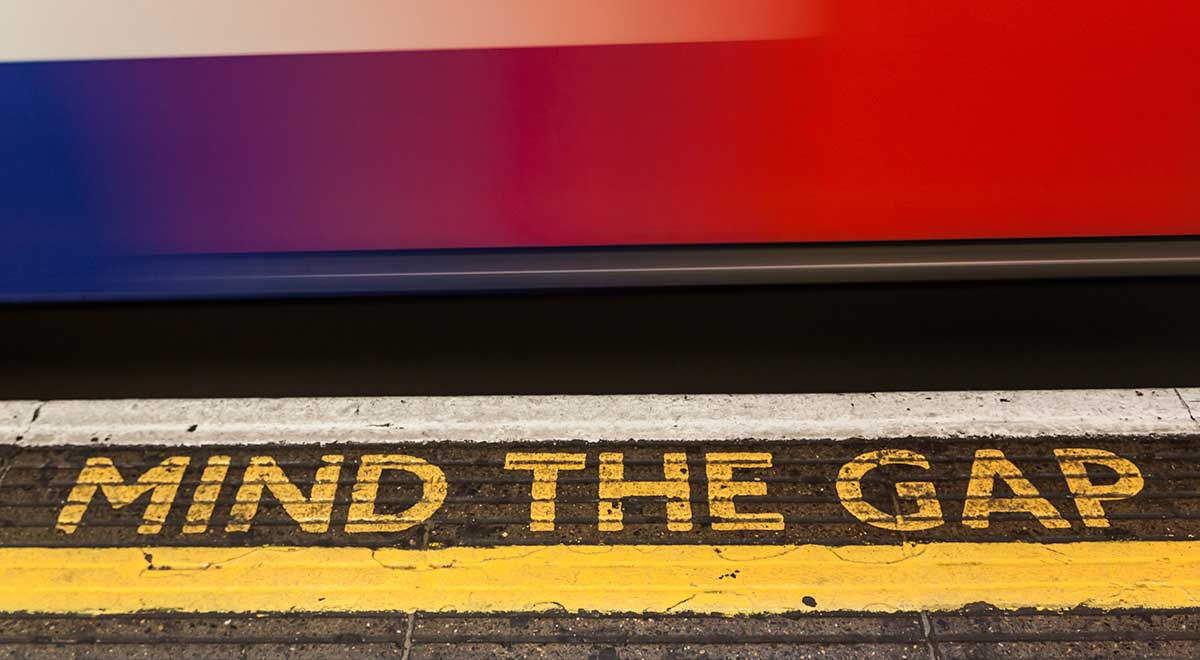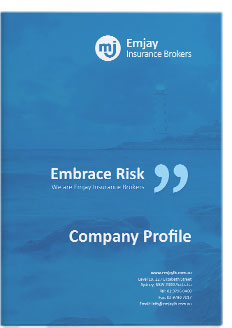The recent scandal over diesel emissions that has rocked Volkswagen – and wiped billions off its share price – is a prime example of how a company’s reputation can be left in tatters due to illicit dealings.
The German car giant has conceded to installing a device into diesel-engine cars that hides true emission levels during testing. All in all, some 11 million vehicles fitted with the device fitted across the globe are expected to be recalled and refitted.
Ordinarily the costs attached to a recall event would be covered by product recall insurance policies, which have been triggered by injury or damage. However, there is an exclusion in product recall policies to say that if any person in the organisation had reasonable knowledge of the problem before the policy started, then cover will be denied.
Because VW have admitted knowledge of misconduct, it appears unlikely that the company will be able to recover losses relating to recall costs. And in this instance, those costs could run to an estimated $AU10.5bn. Quite what the long-term reputational damage will be to VW, though, can only be guessed at.
What can be learned?
A business’s reputation is arguably its single most valuable asset. And in today’s saturated and instant digital news and social media era, negative incidents, or a public perception that companies have not handled crisis situations adequately, can have a massive impact of their reputation.
And reputational damage can be caused by factors outside a company’s control: supply chains can be cut; products can be maliciously tampered with; confidential client information can be lost or stolen.
Some of those losses can be covered under business interruption, product liability, cyber, public liability, product recall and environmental liability policies. But it is possible to insure your company against reputational risks, too.
Reputational risk insurance is triggered by a loss event under other policies in your insurance program. It provides cover in the event that adverse media reporting damages the reputation of the policyholder’s products and associated brands, and makes them more difficult to find a market for. The policy can be tailored to match the loss events to which each individual business may be exposed.
Reputational risk insurance works to maintain revenue streams, as well as providing access to funds to manage any reputational crisis quickly. The faster such reputational issues can be dealt with, the more effectively companies can salvage the trust and confidence of clients, and return to a positive financial position.
No company wants to have to deal with crisis situations, but it pays to be prepared. Your company reputation could even be strengthened by a strong response to a crisis. And regardless of whether companies choose to insure these risks, it’s critical to have a crisis management strategy in place.
If you’d like to find out more about how your business can be insured against reputational risks, or about how we can help you develop a crisis management strategy, contact Emjay Insurance Brokers today on 02 9796 0400.





